Transcript: Charlie Ellis
Barry Ritholtz
DECEMBER 28, 2022
ELLIS: Well, it starts with one very simple proposition, nobody is making a profit. Every other investment organization got a problem that somebody is taking money out of the pot every day, every month, every year as a profit. I start a business to make a profit. I’ll get bigger, I’ll make more profits.


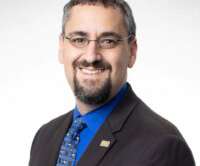



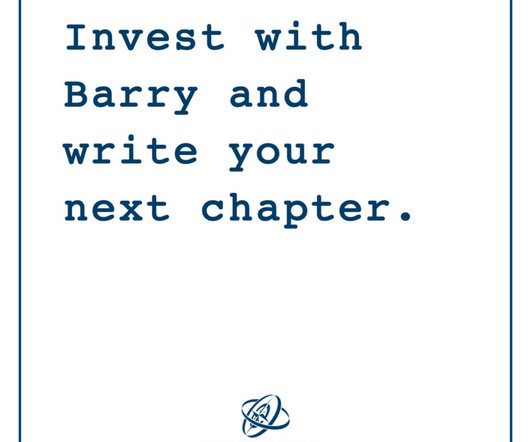

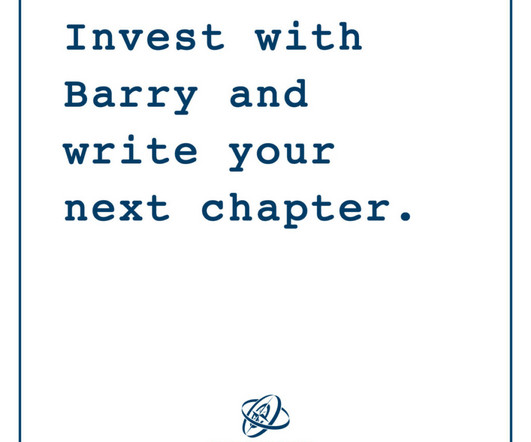
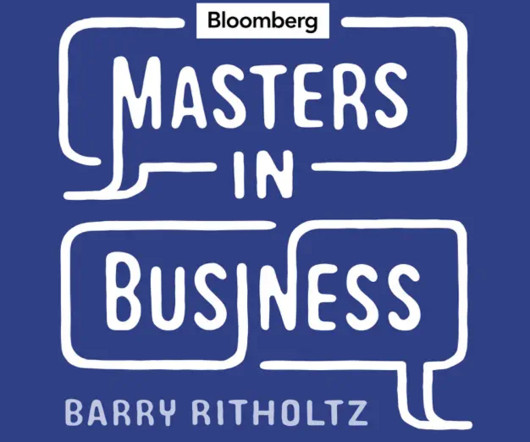
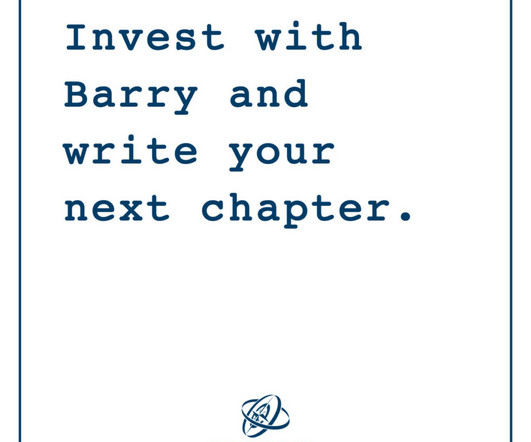
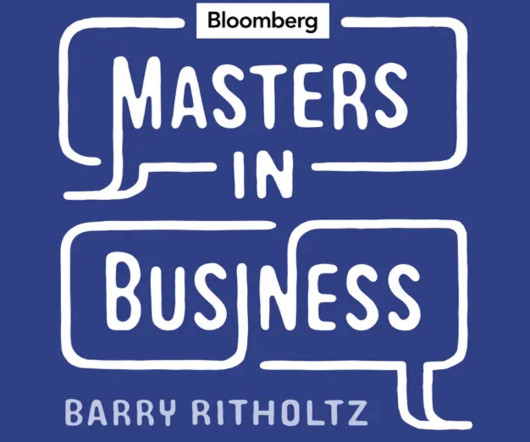
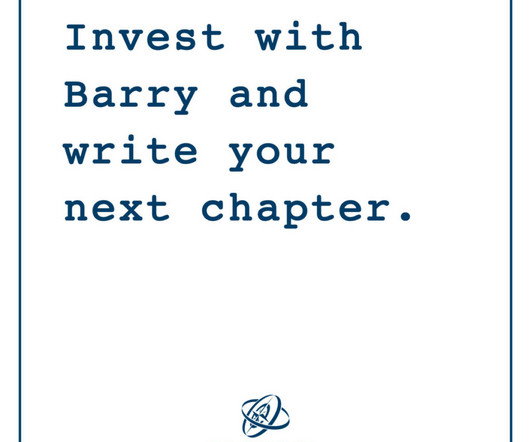








Let's personalize your content